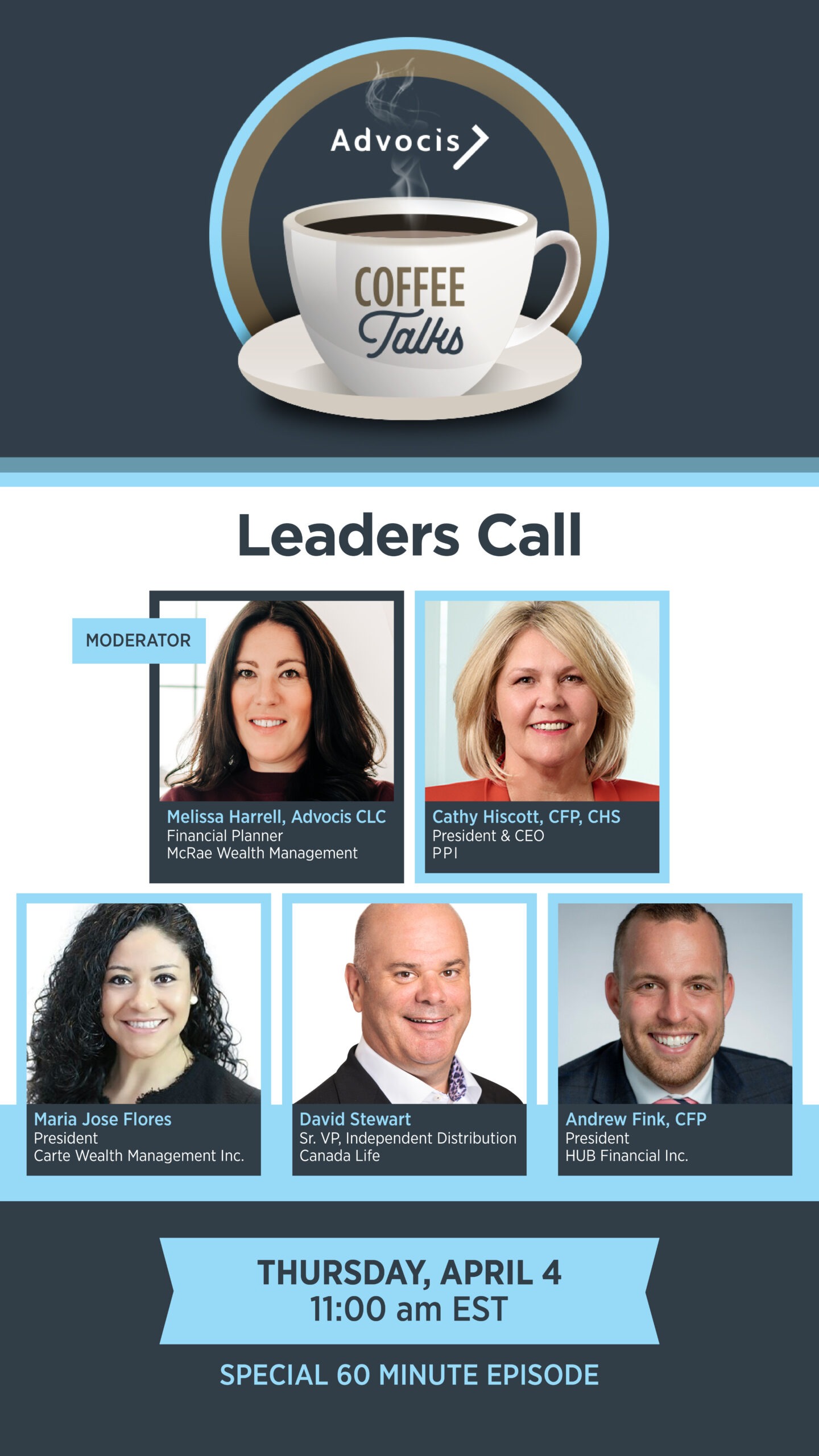(From the January 2022 Edition of eFORUM)
By eFORUM Staff
eFORUM: Why do couples struggle with talking about money?
WH: People enter marriage without fully understanding their financial position, or their attitudes about money, let alone those of their intended partner. For couples, this void makes sound financial management difficult, even unlikely.
For each of us, money is laden with meaning. Our attitudes, beliefs, and values have been shaped over many years. These influences are very real, but operate below the surface and therefore often go unrecognized.
eFORUM: Do couples like meeting with an advisor together?
WH: My sense is most advisors strongly prefer to meet with the couple. This opportunity gives the advisor a much better read on the relationship dynamics and the financial literacy of the couple as a team and therefore makes the advisor inherently more effective.
However, I know of a number of instances where the couple chooses otherwise and one person works directly with the advisor.
eFORUM: In your own experience with clients, do you think a spendthrift and penny pincher can truly work together on financial issues?
WH: Maybe. Slowly. And patiently. I have yet to meet a committed couple with such extremely divergent attitudes and values around money. I suspect the extreme difference in attitudes and values about money are present in other areas of life, which makes becoming a committed couple unlikely.
eFORUM: Real estate is now unaffordable for many couples without financial assistance from their parents. How does that affect a couple’s financial plan and expectations should the couple split up?
WH: A fulsome constructive conversation about expectations between not just the couple but the couple and the parents is important. Now the attitudes and values of four or even six people will shape the conversation. Once these are understood they need to be documented by a lawyer.
eFORUM: During the pandemic, more people saved money in record amounts since there wasn’t much to do. Did this create better understanding among couples about the importance of saving?
WH: I hope so. It’s too soon to know yet. But what is clear is Canadians have been paying down non-mortgage debt, which is often a point of friction. People are more aware of where the money is going and not going.
eFORUM: What are the top three issues couples fight about when it comes to money and other financial issues?
WH: Acknowledging the risks inherent in generalizing from my own professional experience, the first two would be a major purchase one partner “needs” and the other see as an untimely and expensive indulgence, and discretionary lifestyle expenditures.
The third is about process: how to talk about money. This is why my book includes a section called “Now It’s Your Turn.” It offers tools for surfacing differences in attitudes and values and building constructive ways to talk about money.
eFORUM: How do advisors handle the issue of “secret” accounts with some couples?
WH: If a partner has secrets I would want to understand why. They might have a secret account because the other has a gambling problem or one partner may have secret debt arising from past substance abuse. Second, I would ask the partner with secrets to consider two things: Would additional professional resources be helpful/appropriate? And is there a pathway to openness?
Ultimately, the question becomes whether an advisor is able to well serve a couple, where one partner requires the advisor to acquiesce in or facilitate their misleading of the other partner.








